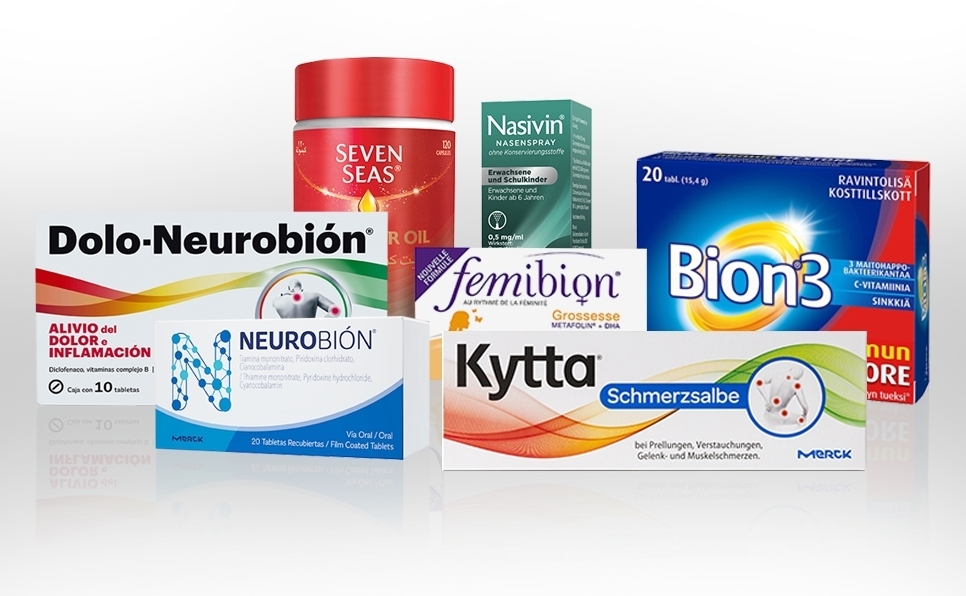CINCINNATI -- Procter & Gamble Co. has agreed to purchase the consumer health business of the German drug maker, Merck. The $4.2 billion deal will add about $1 billion in annual revenue, roughly 3,000 employees and more than 900 new products to P&G's health care portfolio.
P&G's health care brands, including Vick's, Metamucil, Crest and Oral-B, already generate $7.5 billion in annual sales, about 12 percent of P&G's total revenue. The acquisition, expected to close in the next 14 months, will bring to P&G vitamin brands and over-the-counter remedies for muscle, joint and back pain that are now sold in 44 countries.
The acquisition is the biggest in years for P&G, which spent much of the last decade selling off under-performing brands and struggling to restore growth with those it retained. It was announced hours before P&G disappointed investors with a third-quarter earnings report that declining revenue in two of its biggest categories: Shaving and baby care.
"Eight of our 10 businesses are now growing over 3 percent and their profits are very strong," P&G CEO David Taylor told Wall Street analysts in a conference call. "We had two that have clearly been a bigger challenge than I anticipated."
P&G's stock price declined nearly 4 percent to $74.41 as Taylor assured skeptical analysts that the acquisition and the company's ongoing restructuring moves will restore growth by next year. By noon, the stock was down about 3 percent to $75.19.
"I don't think investors should wait very long," Taylor said. "I expect next year that we will turn."
The Merck portfolio "brings a strong set of brands, products and capabilities" to P&G, added Steve Bishop, group president for global health care, "and provides an attractive and complementary footprint to further fuel growth."

Merck brands
In a conference call with reporters Thursday, P&G Chief Financial Officer Jon Moeller said the acquisition is "entirely consistent" with the sale of 100 brands in the last decade because the goal of both strategies is to focus on brands with the best growth potential. A key element of the divestiture strategy was to focus on "categories where the motivation for purchase is to solve a problem," Moeller said. "This category is right up that power alley."
Merck's ten core consumer-health brands, each with dozens of individual product SKUs, grew 6 percent in the last two years, more than triple the growth P&G has achieved company-wide in recent years. Among the top brands included in the purchase are Seven Seas, Neurobion, Femibion and Kytta. The brands are sold primarily in Europe, Latin America and Asia.
"This is a business where all of our core capabilities as a company are brought to bear," Moeller said. "That includes branding and innovation, which lead to strong profit margins over time."
P&G announced the deal just a few hours before the scheduled release of earnings results for its fiscal third quarter, which ended March 31. The company exceeded analyst expectations on net sales and profits, but fell short of expectations on organic sales growth. The closely watched metric tracks revenue growth excluding unusual events, including foreign exchange, acquisitions and divestitures.
P&G told analysts to expect organic sales growth between two and three percent for the 2018 fiscal year, which ends in June. Analysts were expecting 1.8 percent growth in the third quarter. P&G reported 1 percent growth and told investors it would finish the year "at the low end of the range" it previously announced.



